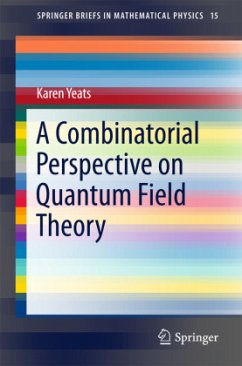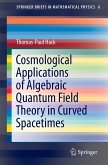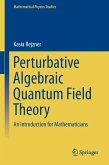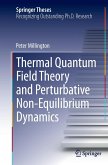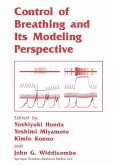This book explores combinatorial problems and insights in quantum field theory. It is not comprehensive, but rather takes a tour, shaped by the author's biases, through some of the important ways that a combinatorial perspective can be brought to bear on quantum field theory. Among the outcomes are both physical insights and interesting mathematics.
The book begins by thinking of perturbative expansions as kinds of generating functions and then introduces renormalization Hopf algebras. The remainder is broken into two parts. The first part looks at Dyson-Schwinger equations, stepping gradually from the purely combinatorial to the more physical. The second part looks at Feynman graphs and their periods.
The flavour of the book will appeal to mathematicians with a combinatorics background as well as mathematical physicists and other mathematicians.
The book begins by thinking of perturbative expansions as kinds of generating functions and then introduces renormalization Hopf algebras. The remainder is broken into two parts. The first part looks at Dyson-Schwinger equations, stepping gradually from the purely combinatorial to the more physical. The second part looks at Feynman graphs and their periods.
The flavour of the book will appeal to mathematicians with a combinatorics background as well as mathematical physicists and other mathematicians.

